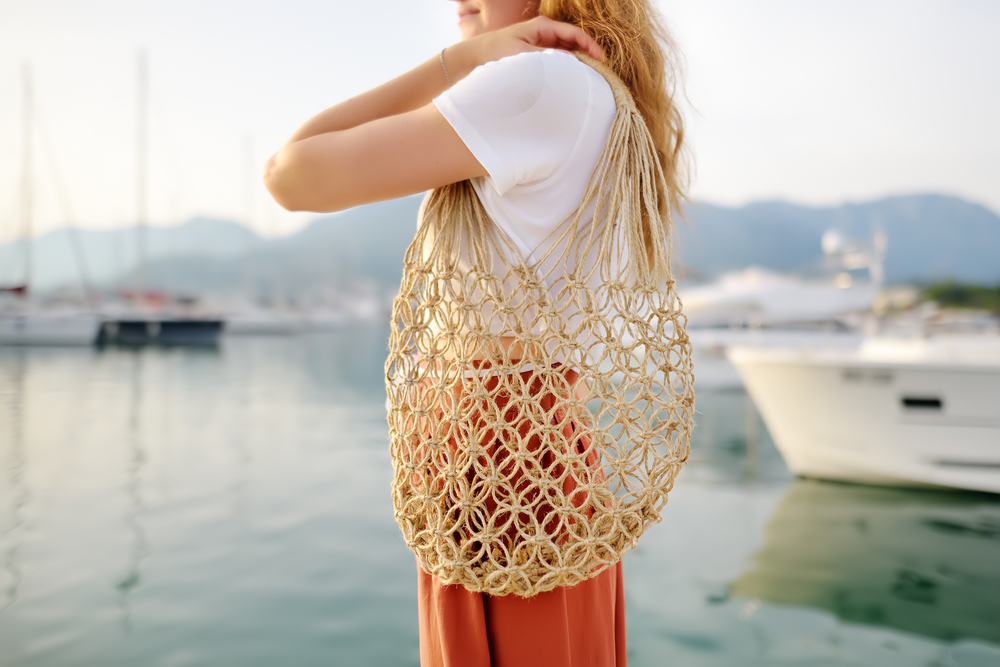Sustainable Wellness Resorts
With the increased emphasis on climate change, we thought we would take some time this month to focus on sustainable wellness retreats across the world, such as those involving indigenous communities and prioritising the local environment. Green hospitality organisation Cloudbeds says that 56% of Gen Z customers would prefer to stay in an eco-friendly resort, and adds that overall 70% of travellers would choose green accommodation if it were available. They also report that the average stay in green hotels is 3 days longer than the average stay in non-green hotels, and 47% of visitors are willing to pay extra for sustainable products.
Sustainability and community involvement are becoming increasingly important to many resorts. The Sustainable Spa Association, now rebranded as Sustainable Wellness, is a non-profit trade body established in 2020 trying to introduce ideas around sustainability to spas and wellness centres. They say that the demand for increased guidance towards sustainability in the sector has been growing in recent years, perhaps reflecting a growing awareness of climate and environmental issues. The group has partnered with a wide range of hotels, spas and resorts across the world, in London, Dubai and other centres.
Sustainable Practices in Hospitality
One example is the 1 Hotel Hanalei Bay in Kaua’i, a renovated property that used to be the St Regis Princeville Resort. Over 144 tons of material were donated to the community when the hotel was renovated, which in turn was upcycled into furniture, and a new rainwater collection system allows the resort to make substantial savings on its water consumption. It also intends to become LEED accredited in 2024, which means that it will adhere to a globally recognized symbol of sustainability achievement (the LEED framework is applied to all building types, including new construction, interiors, operations, and maintenance, and core and shell). It’s also aiming to become carbon neutral. Its restaurant, which focuses on Hawai’ian cuisine, intends to prevent any food waste from going into the landfill with a zero-waste system
On the other side of the planet, in the Dolomites, the new mountain spa Forestis also has a zero-waste food policy, relying on recyclable boxes exchanged with local food producers. Based around a former sanatorium, the hotel has been renovated in a CO2 neutral way.
On-site Workshops and Programs
At the Six Senses in Vietnam’s Van Ninh Bay, eco-sustainability is also an aim: with solar panels, coral reef restoration projects, and an on-site Earth Lab, a feature common to all the Six Senses resorts. Depending on the location, this might focus on marine ecology, community building, and women’s empowerment, or initiatives in forestry or farming. The labs also process the amount of waste generated and the amount of power used in each resort, thus allowing the group to measure its sustainability. Guests can be taught about sustainability in each lab, for example, how to convert fruit peel into hydrosol, which can then be used for cosmetic purposes such as facial toner. The Yao Noi resort works with the Women’s Club of Koh Yao Noi to run batik painting classes, from which guests can take home, providing work for women in the local community.
In Fiji, Rise Beyond the Reef, assists local women in producing and marketing local crafts, some of which are then displayed in the chain’s restaurants and guest rooms. At the Zil Payson resort in the Seychelles, an underwater nursery grows heat-resistant corals to be replanted back onto the reef. This project started in 2017 and is already well underway, with over a thousand replants regenerating the reef. Six Senses also works with the Maldives Underwater Initiative (MUI) to develop a Junior Marine Biology program. Sustainability is often used as a buzzword for a fashionable marketing veneer, but Six Senses has gone several steps further into integrating these ecological principles into their resorts.
Vana Retreat, in Dehradun in India, is also organised around sustainable principles and asks visitors not to bring plastics on site. They also have an on-site bottling plant, which, they estimate, saves around 100,000 bottles each year. A lot of their food is grown on-site, too, and they even make their stationary out of recycled paper.
Chai Talay Estate on Thailand’s Koh Samui also bans single use plastics, asking guests to use refillable bottles, and like Puerto Viejo, organises beach clean ups on a regular basis, incorporating them into a high intensity fitness class at the same time – a great piece of sustainable lateral thinking.
Information on Sustainable Hospitality
If you’re interested in finding out more about sustainable resorts, or if you have made a booking and want to know if your destination hotel is green enough, there are ways to check.
- The Sustainable Hospitality Alliance is working on a five year strategy to make resorts and spas more net positive.
- Green Key, operated by the Foundation for Environmental Education, have a similar goal. Their certification process ensures that a hospitality centre coheres to the standards set by the FEE. They are primarily active in Europe but are spreading across the globe.
- Green Seal have a wider remit, looking at sustainability in workplaces and schools, but they also provide information about the hospitality sector.
- LEED themselves also offer advice about certification so that you can learn more about how sustainability is graded.
With a growing sensitivity to ecological issues, these type of resorts are increasing in popularity, and it’s well worth checking them out, wherever you might be based in the world.

